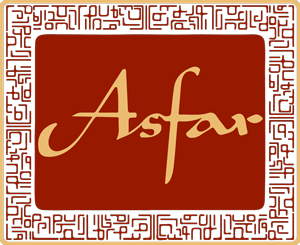Reconciliation for Development
In 2017, Asfar launched its RESOLVE: Reconciliation for Development strategy and learning model. Mobilising the best tried and tested methods used in peacebuilding, reconciliation and conflict resolution activities and linking them to Informal learning, Sport for Development and Vocational Training techniques, the Reconciliation for Development methodology was created.
The Reconciliation for Development learning model focuses on developing young people (and their wider communities) to develop their reconciliation and conflict resolution skills, as well as essential Life Competencies such as: Leadership; Team working; Citizenship; Social Action etc to address community-based Social Intolerance in Europe, the Middle East, the Balkans and the Caucasus.
The learning model and wider strategy also focuses on youth workers, educationalist, policy makers and wider stakeholders working in education, youth work and community sectors.
The Reconciliation for Development learning model also focuses on subjects such as Human Rights.
Through a range of interactive, informal and cultural-themed workshops and inter-communities activities, Asfar supports young people to learn about the their Human Rights, with particular focus on how Human Rights were established, what they mean to young people in Europe today, how Human Rights are viewed in other countries, especially in Middle Income states and the Global South and the effects on communities when Human Rights systems break down.
In particular, Asfar uses Europe, especially Bosnia-i-Herzegovina and Rwanda as country models, where Human Rights and communities have disintegrated very quickly.
Through informal learning activities, Asfar offers a wider outlook to young people on our programmes with the aim to reducing community conflict, xenophobia and through our Youth Exchanges, promote a real inter-cultural understanding both about the necessity of Human Rights and the real issues effecting Communities today.
To learn more about our current Reconciliation for Development programmes visit the RESOLVE website. You can also find information in our Erasmus+ and European Solidarity Corps section.
